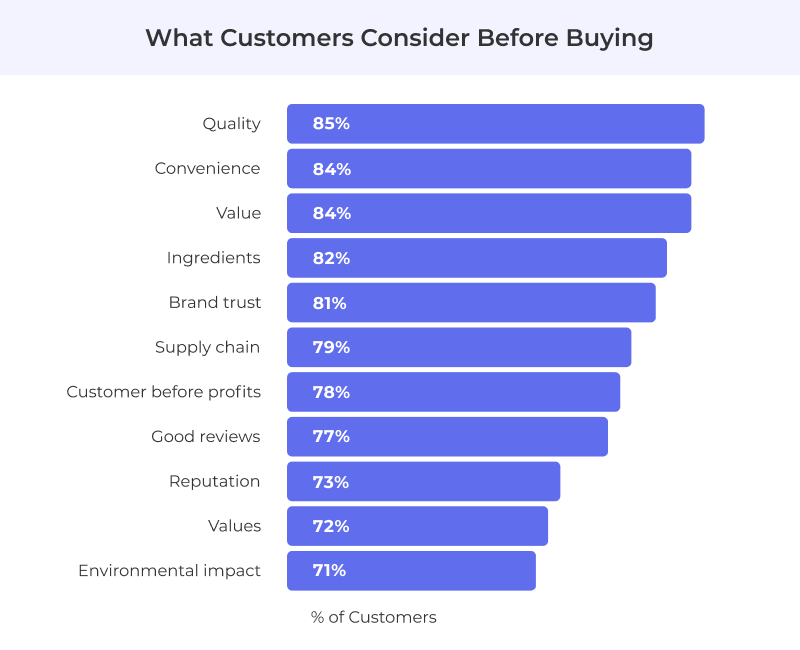What exactly is a tax deduction?
A tax deduction, also known as a “tax write-off,” is an expense that you can subtract from your taxable income. By deducting these expenses, you can lower your tax bill. However, it’s important to note that the expenses must meet the criteria set by the IRS to qualify as tax deductions.
Tax deduction savings
Maximizing your tax deductions can save you a significant amount of money. Let’s take a look at an example:
Joe, a self-employed writer, had $60,000 in self-employment income in 2023. Initially, he had to pay $13,343 in taxes. However, after employing Bench’s bookkeeping services, Joe discovered $6,000 worth of contractor expenses that he hadn’t accounted for. These expenses were eligible for tax deductions, which reduced his taxable income to $54,000. As a result, Joe’s tax liability decreased to $11,830.
In this scenario, locating the contractor expenses saved Joe over $1,500 in taxes. By identifying all available deductions, Joe was able to significantly reduce his tax liability and save thousands of dollars.
Staying on top of your deductions
As a small business owner, it can be challenging to keep track of all the deductions available to you. Many people struggle to remember their expenses throughout the year, resulting in missed tax write-offs. This is where proper bookkeeping comes in.
To claim deductions, you need to maintain accurate records and stay on top of your monthly bookkeeping. Bench, a professional bookkeeping service, can help you with this task. By using Bench, you can ensure that all your deductions are captured and your tax liability is minimized. Plus, Bench can handle your tax filing, making your tax season headache-free.
The top 17 small business tax deductions
Here is a comprehensive list of tax deductions that small businesses can take advantage of:
-
Advertising and promotion: Expenses related to marketing and advertising your business are fully deductible.
-
Bank fees: Deductible fees include service charges, transfer fees, and overdraft fees for business accounts and credit cards.
-
Business meals: You can deduct 50% of qualifying food and beverage costs, as long as the expense is ordinary and necessary for your business.
-
Business insurance: Premiums paid for business insurance, such as property coverage and liability coverage, are deductible.
-
Business use of your car: If you use your vehicle for business purposes, you can deduct the operating costs associated with it.
-
Contract labor: Fees paid to freelancers or independent contractors for business-related services are deductible.
-
Depreciation: The cost of business assets, such as furniture and equipment, can be deducted over time.
-
Education: Costs for classes, seminars, and workshops that enhance your business skills are deductible.
-
Home office expenses: If you use a portion of your home exclusively for business, you can deduct related expenses, such as rent and utilities.
-
Interest: You can deduct interest paid on loans and credit cards used for business expenses.
-
Legal and professional fees: Fees for legal and professional services directly related to your business are deductible.
-
Moving expenses: Businesses can deduct the cost of moving business equipment, supplies, and inventory from one location to another.
-
Rent expense: If you rent a business location or equipment, the rental payments are deductible.
-
Salaries and benefits: Wages, benefits, and vacation time paid to employees are generally tax-deductible.
-
Taxes and licenses: Various taxes and licenses related to your business can be deducted.
-
Telephone and internet expenses: Expenses for business-related telephone and internet services are deductible.
-
Travel expenses: Costs incurred during business travel, including transportation, meals, and lodging, are deductible.
It’s important to consult with a tax advisor or CPA before claiming any deductions to ensure accuracy and eligibility.
Personal tax deductions for business owners
In addition to the deductions mentioned above, small business owners can also claim certain tax breaks on their personal tax returns.
-
Charitable contributions: While businesses cannot deduct charitable contributions, business owners may be able to claim the deduction on their personal tax return.
-
Child and dependent care expenses: If you pay for child or dependent care while you work, you may be eligible for the Child and Dependent Care Credit.
-
Retirement contributions: Contributions to employee retirement accounts are deductible as a business expense.
-
Health care expenses: Self-employed business owners can deduct health insurance premiums and other out-of-pocket medical costs.
By taking advantage of these deductions, small business owners can maximize their tax savings and keep more money in their pockets.
The bottom line
Tax deductions play a crucial role in minimizing your tax obligations. By keeping accurate records and staying organized, you can ensure that you capture all eligible deductions. Consider utilizing a professional bookkeeping service like Bench to help you manage your finances and maximize your tax deductions. With the right approach, tax season doesn’t have to be a headache.



